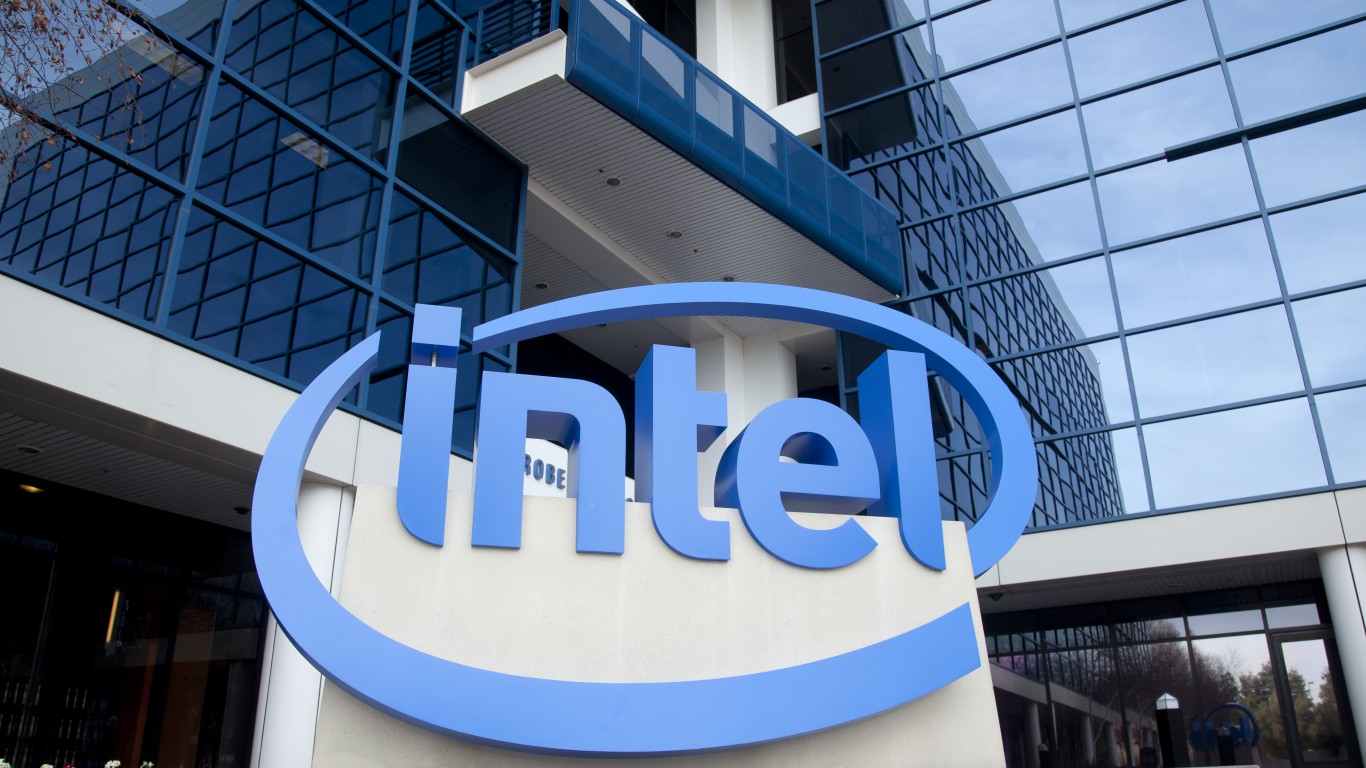
Key Points:
- Intel missed key markets like smartphones and AI, leading to its decline.
- A potential Qualcomm-Intel merger would be challenging and may not boost their AI presence.
- Investing in Intel is risky, with the company needing major changes to avoid further trouble.
- As good as Costco is, it’s not as good as “the Next Nvidia”. Click here now to see what the hype is all about.
Intel, once a dominant player in the chip industry, has significantly declined due to its lack of focus on the smartphone and graphics chip markets, which later evolved into the AI chip market. Now, rumors are circulating that Qualcomm might consider acquiring Intel, and private equity firm Apollo might also take a stake in the company. However, merging Intel and Qualcomm would be challenging due to their different focuses—Intel on PC chips and Qualcomm on smartphone chips. This merger would not necessarily position them better in the future AI-driven chip market dominated by companies like NVIDIA and AMD. The potential acquisition seems unlikely to solve Intel’s problems, and anyone investing in Intel at this stage might be taking a considerable risk. If Intel doesn’t make significant changes, it could face removal from key market indices.
Intel’s Decline in the Chip Market

- Intel was once the dominant chip company, primarily due to its strong presence in the PC market.
- The company failed to capitalize on the growing smartphone chip market and ignored the importance of graphics chips, which later evolved into AI chips.
- As a result, Intel has been significantly outpaced by competitors like NVIDIA and AMD.
Qualcomm’s Potential Acquisition of Intel
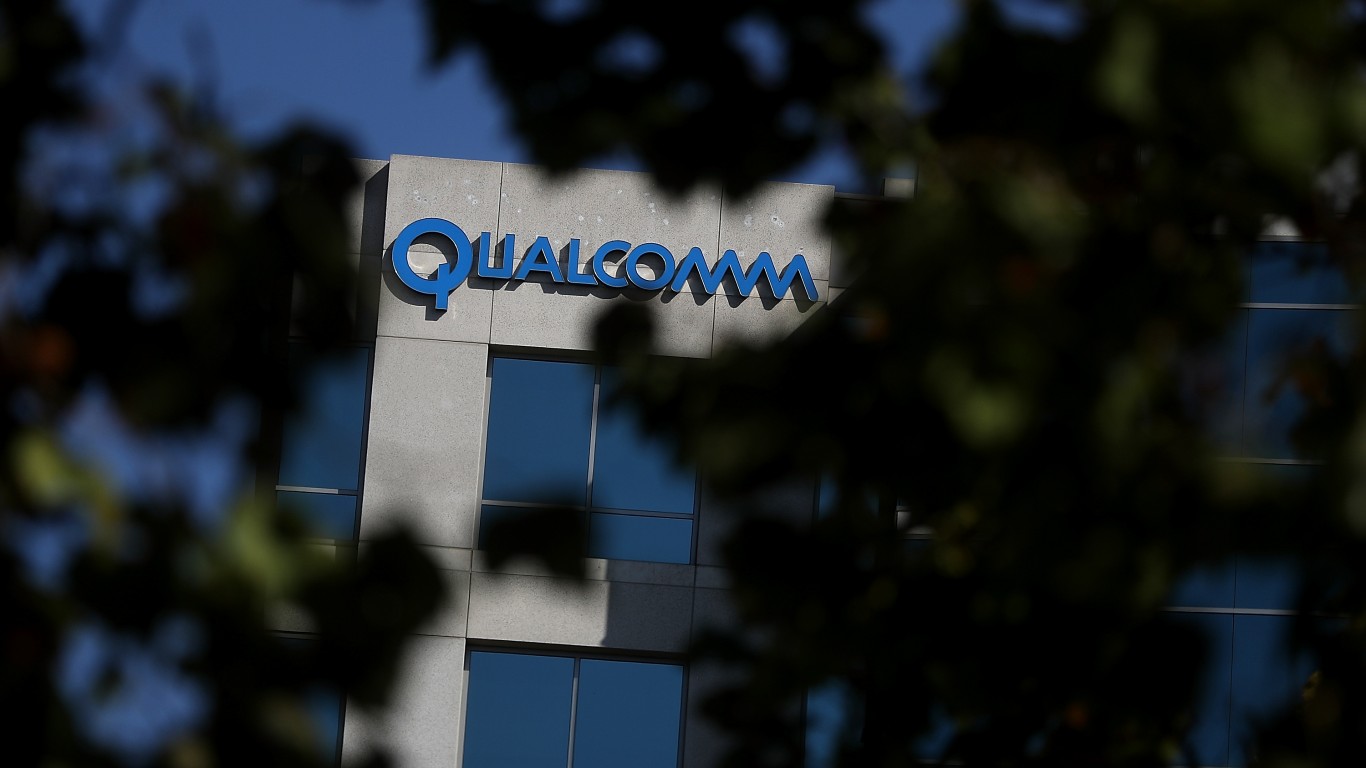
- Qualcomm, traditionally smaller and less influential than Intel, is now in discussions to potentially acquire Intel.
- This potential merger is surprising given the differing focuses of the two companies: Qualcomm specializes in smartphone chips, while Intel’s strength lies in PC chips.
- The merger could face significant regulatory challenges and might require the divestiture of certain Intel divisions.
Challenges of the Merger
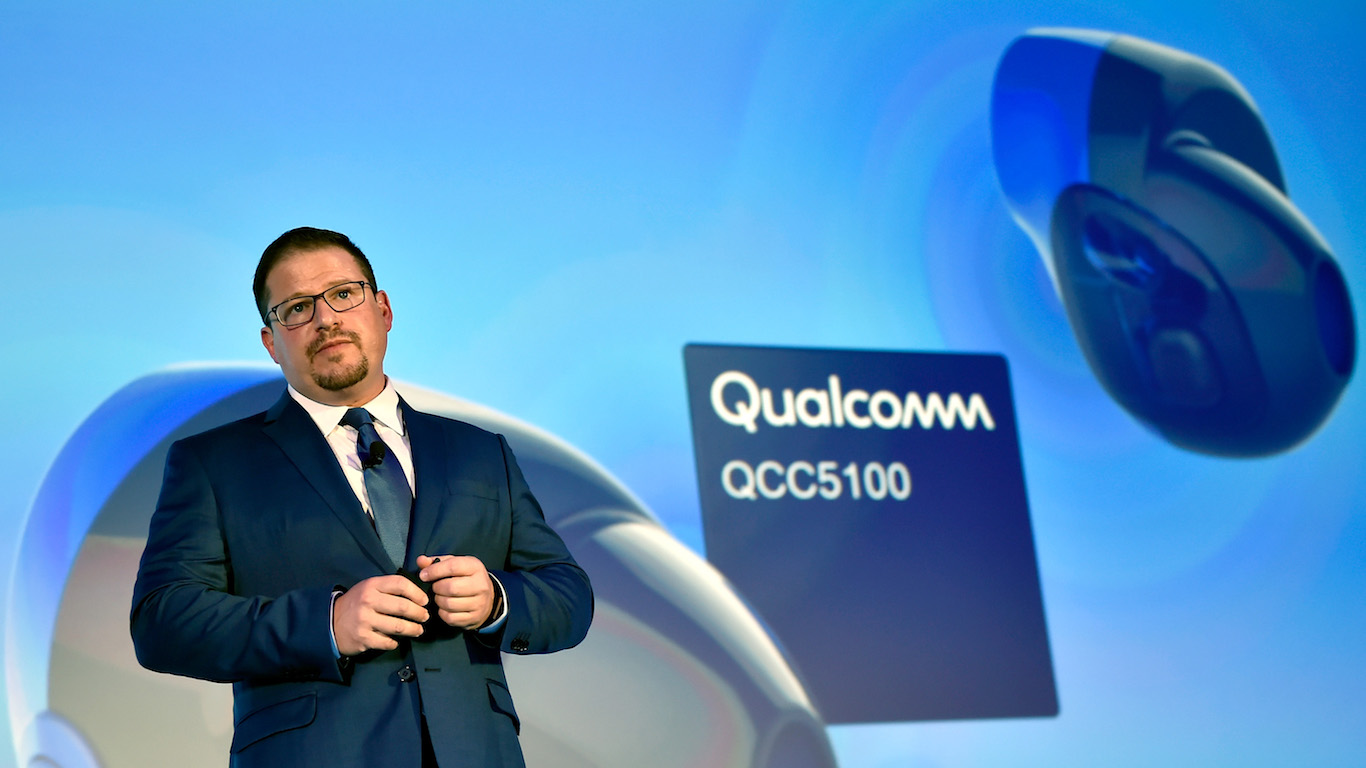
- Merging Intel and Qualcomm does not immediately position them as leaders in the future of the chip industry, particularly in AI.
- The combination of these companies does not inherently provide a pathway to compete directly with NVIDIA or AMD.
- The merger could be complex and difficult due to the size and differing business models of the two companies.
The Financial Outlook and Risks
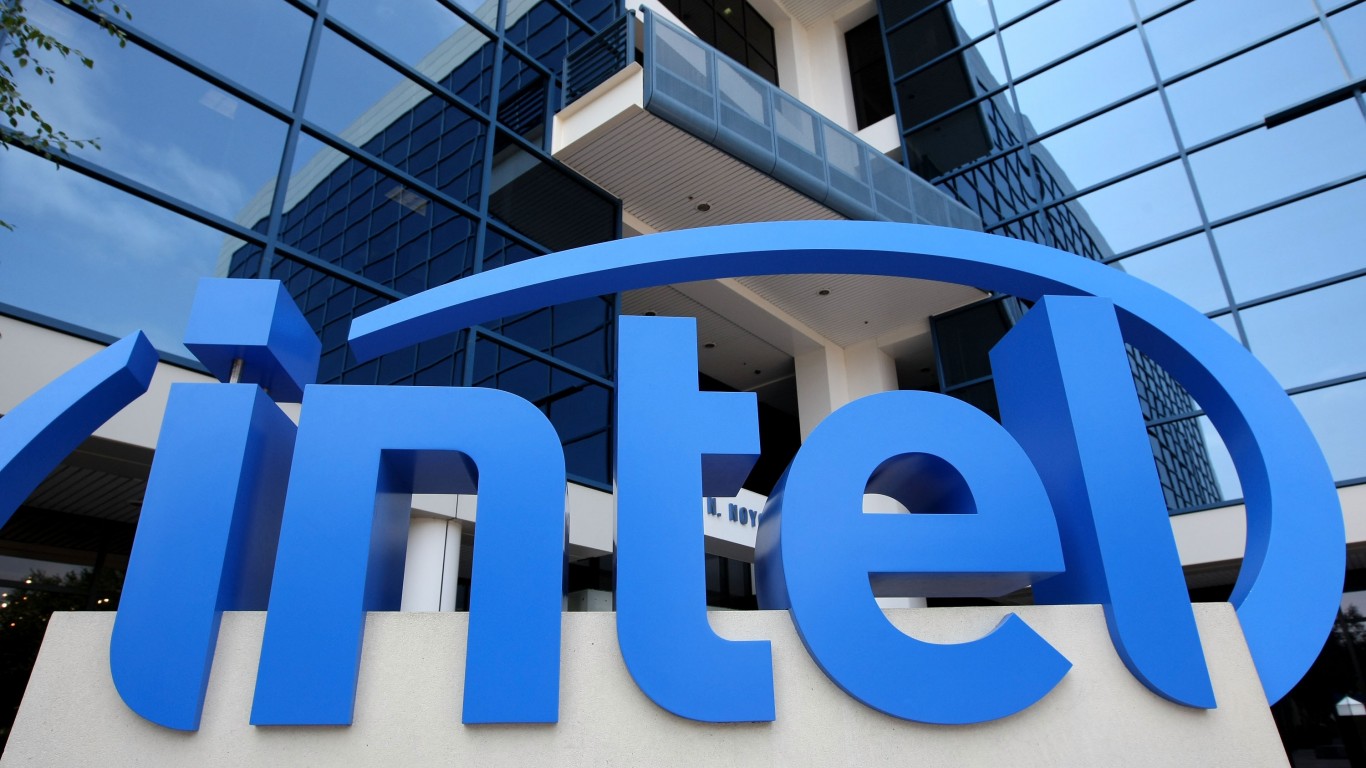
- Intel’s stock saw a brief rally, likely due to short covering, but the company’s long-term prospects remain uncertain.
- The idea of cbuying Intel is seen as risky, with doubts about whether such a merger could succeed in transforming Intel’s fortunes.
- If Intel does not undertake drastic measures, it risks being removed from major market indices, signaling a continued decline in its relevance.
Conclusion: A Risky Bet on Intel’s Future
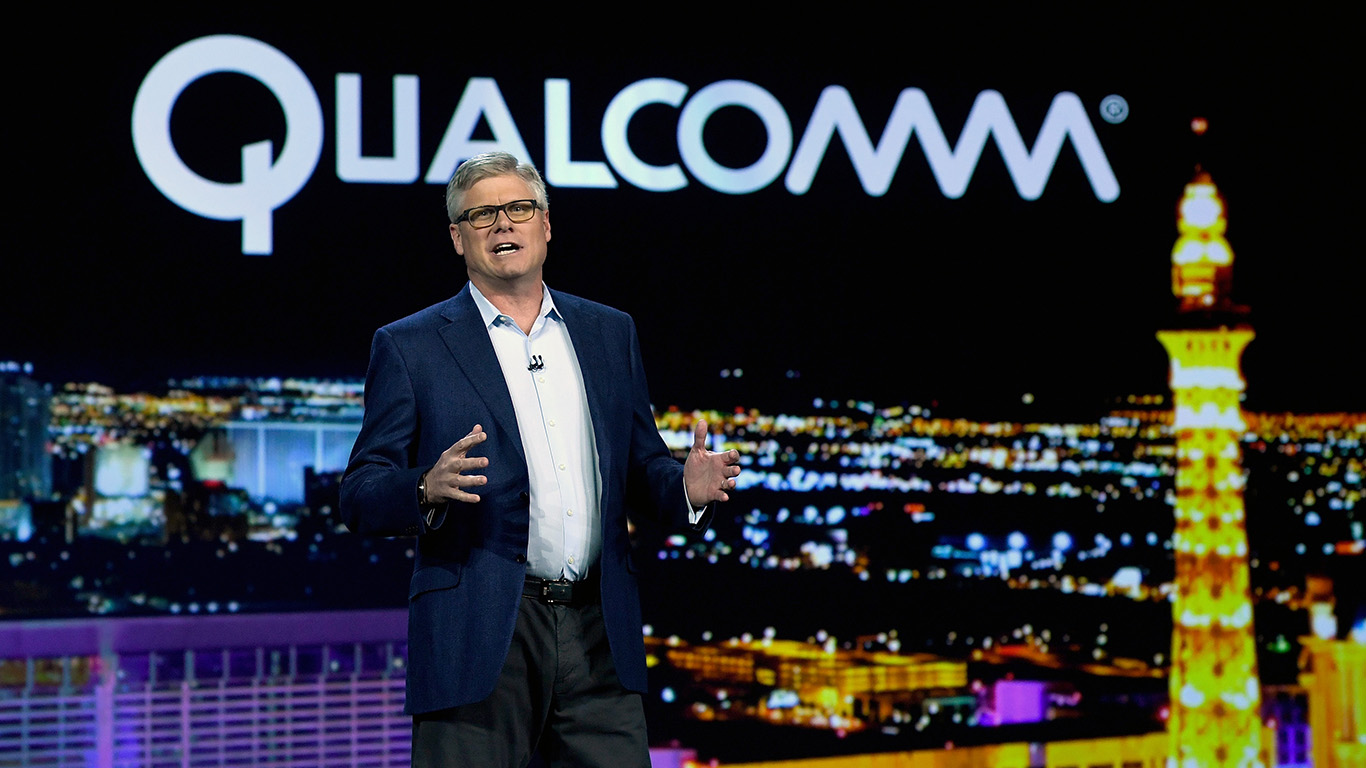
- The potential acquisition of Intel by Qualcomm raises questions about the future of both companies.
- Investors and companies considering involvement with Intel face significant risks, as the merger may not deliver the necessary advancements in AI or the broader chip market.
- Intel’s future remains precarious, and any investment in the company is viewed as highly speculative.
In 20 Years, I Haven’t Seen A Cash Back Card This Good
After two decades of reviewing financial products I haven’t seen anything like this. Credit card companies are at war, handing out free rewards and benefits to win the best customers.
A good cash back card can be worth thousands of dollars a year in free money, not to mention other perks like travel, insurance, and access to fancy lounges.
Our top pick today pays up to 5% cash back, a $200 bonus on top, and $0 annual fee. Click here to apply before they stop offering rewards this generous.
Flywheel Publishing has partnered with CardRatings for our coverage of credit card products. Flywheel Publishing and CardRatings may receive a commission from card issuers.
Thank you for reading! Have some feedback for us?
Contact the 24/7 Wall St. editorial team.





